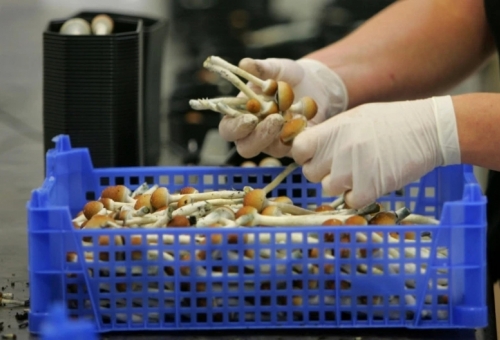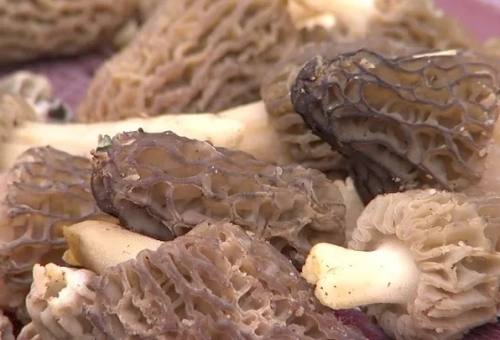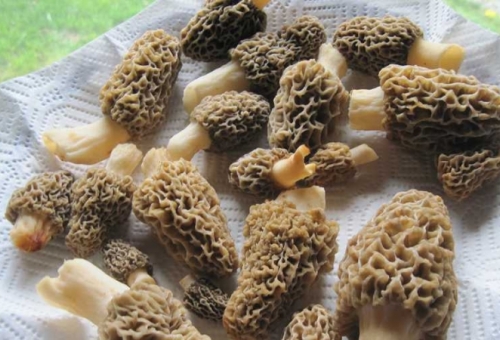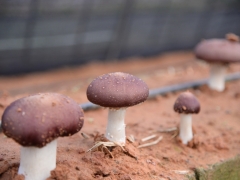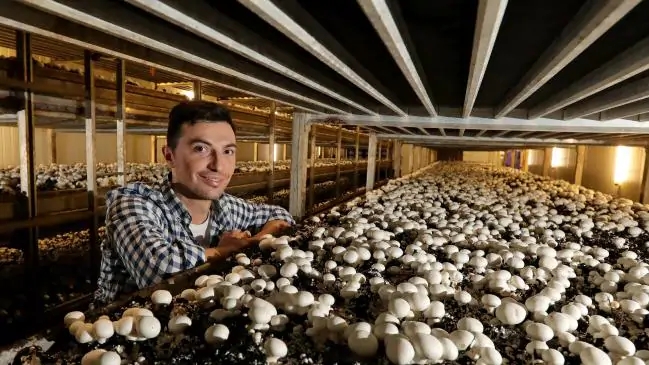
How to become a farmer if you are not born into a farming family, and how to be successful at it?
These are two challenges obsessively studied by Chris McLoghlin since finishing university in Melbourne with a degree in entrepreneurship a decade ago.
Mr McLoghlin has taken a circuitous and unexpected journey to become Australia’s biggest grower of organic mushrooms at the age of 33 and, last week being nationally recognised as Australia’s Young Farmer of the Year.
READ NEXT
Journos protest draconian rules
MATTHEW DENHOLM
Now firmly established with two mushroom farms of his own and a third on the drawing board, a team of 80 staff and a firm grip on 90 per cent of Australia’s organic mushroom market, he admits narrowly escaping life as a banker or financier.
It was his teenage fascination with fungi, and the role they play in global ecology, that encouraged Mr McLoghlin to explore mushroom farming opportunities from not just a food point of view but also the potential of fungi and compost to repair and improve degraded soils.
“If you start to track the way the nutritional density of food has been declining since the 1970s, you can see the problem is industrial farming and chemicals have killed off the structure of our soils,” Mr McLoghlin said.
“Soils lost their mycelia (fungi) profile. I decided then I wanted to be a farmer and to do it in a way that didn’t erode the soil but added to it; organic mushrooms were the obvious best fit.”
At his Mycelia Organics farm at Diggers Rest on Melbourne’s northern outskirts, a large cool shed houses elevated rows of deep trays containing thousands of button and white mushrooms rapidly popping their heads through lush compost layers.
The mushrooms kept in their cool and humid environment — unlike other plants they don’t photosynthesise and don’t need sunlight and carbon dioxide to live — grow at a rapid rate of 1mm an hour , or 2cm in a day.
Each tray produces two crops of thousands of button mushrooms in a three-week cycle.
After three years of devouring knowledge about mushroom farming, and expert advice from his partners who make the compost his mushrooms need to thrive, Mr McLoghlin now supplies about 12 tonnes of organic mushrooms every week.
Organic mushrooms sell at a 15 per cent premium price to “normal” mushrooms, with consumer demand about 1 per cent of Australia’s mushroom market.
“I’d like to get the organic market to grow until it is at least 5 per cent of total demand. That means we have to grow to about 50 tonnes a week production.’’





